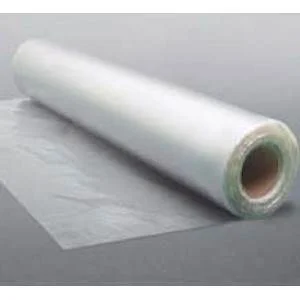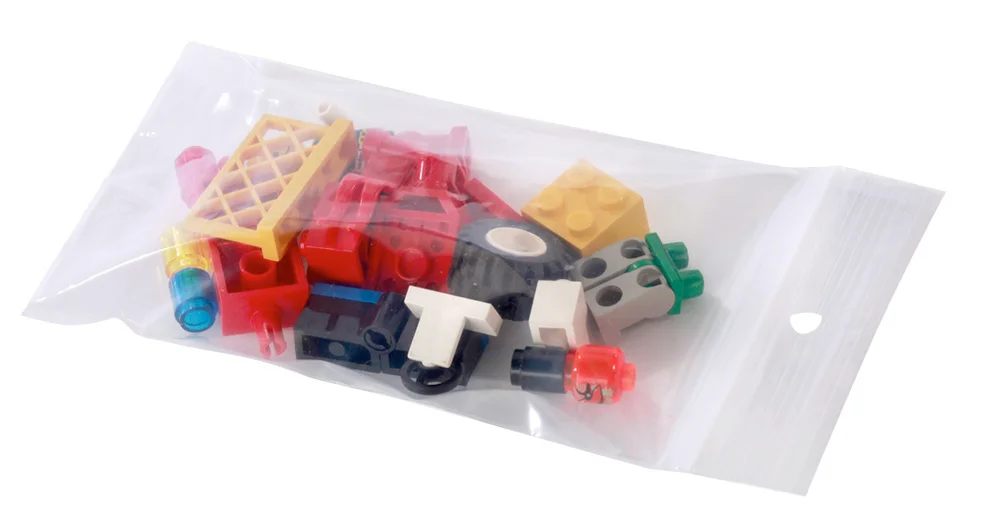Polythene bags are a widely used packaging solution due to their versatility, affordability, and convenience. From grocery stores to industrial applications, polythene bags play a significant role in modern packaging. However, with growing concerns about sustainability and the environment, it’s important to understand the benefits, uses, and environmental impact of polythene bags.

Benefits of Polythene Bags
- Durability
Polythene bags are known for their strength and durability. They can withstand significant wear and tear, making them suitable for a wide range of products, from food items to heavy industrial components. The bags’ flexibility and resilience ensure that the contents are well-protected during transportation and storage. - Affordability
One of the primary reasons businesses choose polythene bags is their cost-effectiveness. Compared to other packaging materials like paper or cloth, polythene is cheaper to produce, and the manufacturing process is faster, which translates to lower costs for businesses. - Water Resistance
Polythene is naturally water-resistant, making these bags an ideal choice for products that need to be protected from moisture. This characteristic is particularly beneficial in industries like food, chemicals, and pharmaceuticals, where moisture protection is crucial. - Versatility
Polythene bags are available in various sizes, shapes, and thicknesses, which allows for customization based on specific business needs. From small zip-lock bags used in food storage to large heavy-duty bags used in industrial settings, polythene bags offer flexible solutions for diverse applications.
Common Uses of Polythene Bags
- Retail and Grocery
Polythene bags are perhaps most commonly associated with retail and grocery stores. These bags are used for packaging a wide range of goods, from fresh produce to clothing. They are lightweight, easy to carry, and can be customized with branding and logos. - Food Packaging
In the food industry, polythene bags are widely used for storing and transporting items like grains, snacks, frozen foods, and baked goods. Their moisture resistance and ability to retain freshness make them a popular choice for food packaging. - Industrial Applications
In industrial settings, polythene bags are used to protect machinery parts, chemicals, and other sensitive items. Their durability and resistance to various external factors, such as chemicals and moisture, make them suitable for industrial packaging needs. - Pharmaceuticals
The pharmaceutical industry also relies heavily on polythene bags for the packaging of drugs and medical supplies. Their resistance to contamination and ability to maintain product integrity make them ideal for this sector.

Environmental Impact of Polythene Bags
While polythene bags offer numerous benefits, their environmental impact has been a topic of concern. Traditional polythene bags are made from non-biodegradable plastic, which means they can take hundreds of years to decompose in landfills. This contributes to the growing problem of plastic pollution, which has serious consequences for wildlife and ecosystems.
However, the packaging industry is evolving, and there are efforts to mitigate the environmental impact of polythene bags. Many companies are exploring the use of recyclable and biodegradable polythene bags, which are designed to reduce waste and promote more sustainable packaging practices.
- Recycling Initiatives
Polythene bags can be recycled, but it requires specific processes that not all recycling facilities are equipped to handle. Increasing awareness and accessibility to recycling programs can help reduce the environmental footprint of these bags. - Biodegradable Alternatives
New innovations in polythene bag production have led to the development of biodegradable options. These bags are made from materials that can break down more quickly, reducing their impact on the environment. While not yet as widespread as traditional polythene, biodegradable options are gaining traction. - Source Reduction
Another approach to reducing the environmental impact of polythene bags is through source reduction, which involves using less material to create the same product. This leads to thinner, lighter bags that still offer the same strength and durability while minimizing waste.
Choosing the Right Polythene Bags for Your Business
Polythene bags remain a popular choice for businesses across various industries, thanks to their versatility, affordability, and functionality. However, with growing awareness of their environmental impact, it’s essential for businesses to consider more sustainable options. At Colorful Packaging, we offer a wide range of custom polythene bags, including recyclable and biodegradable options, tailored to meet your specific needs. Whether you’re looking for durable industrial bags or eco-friendly food packaging, we have the perfect solution for your business.
